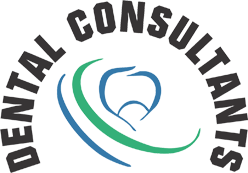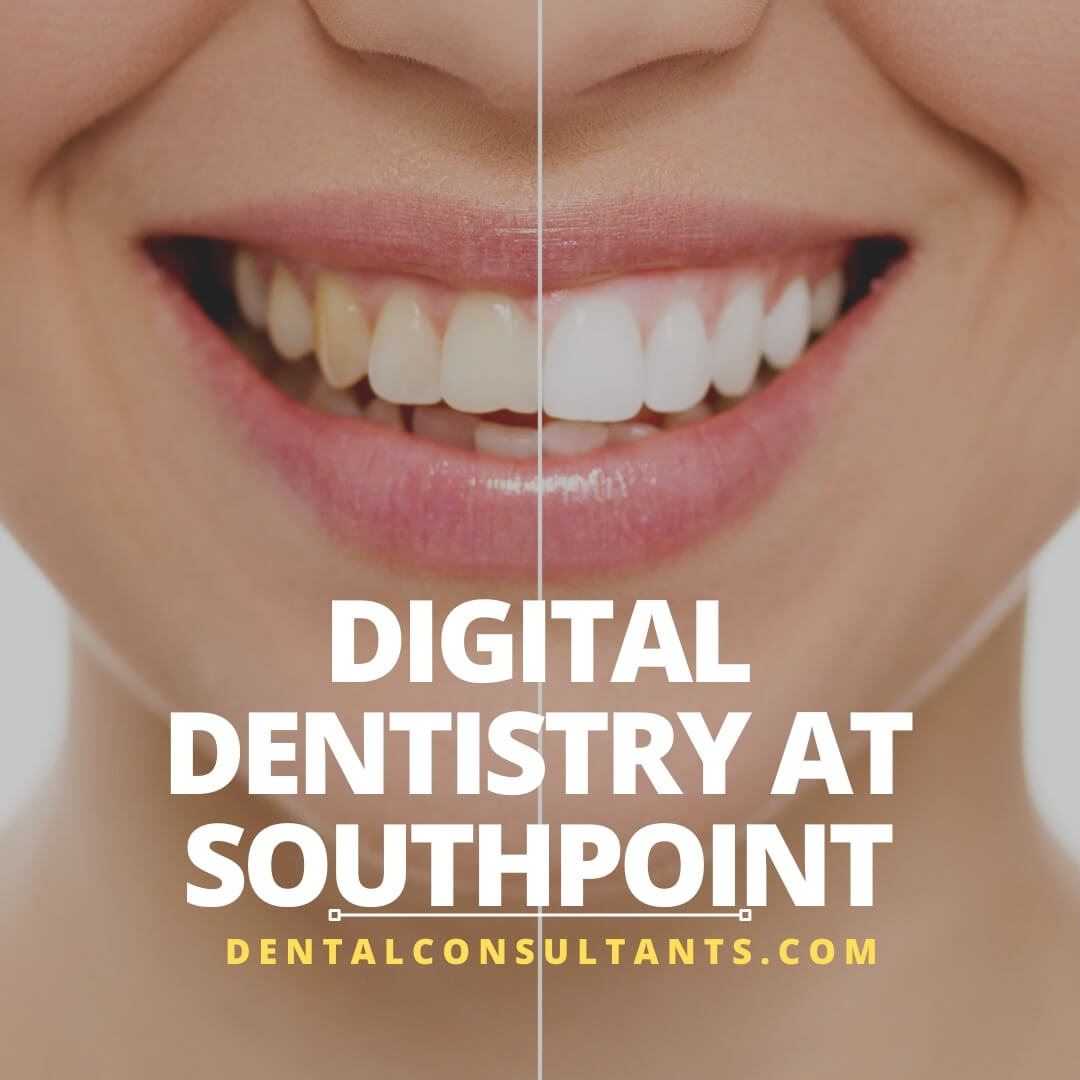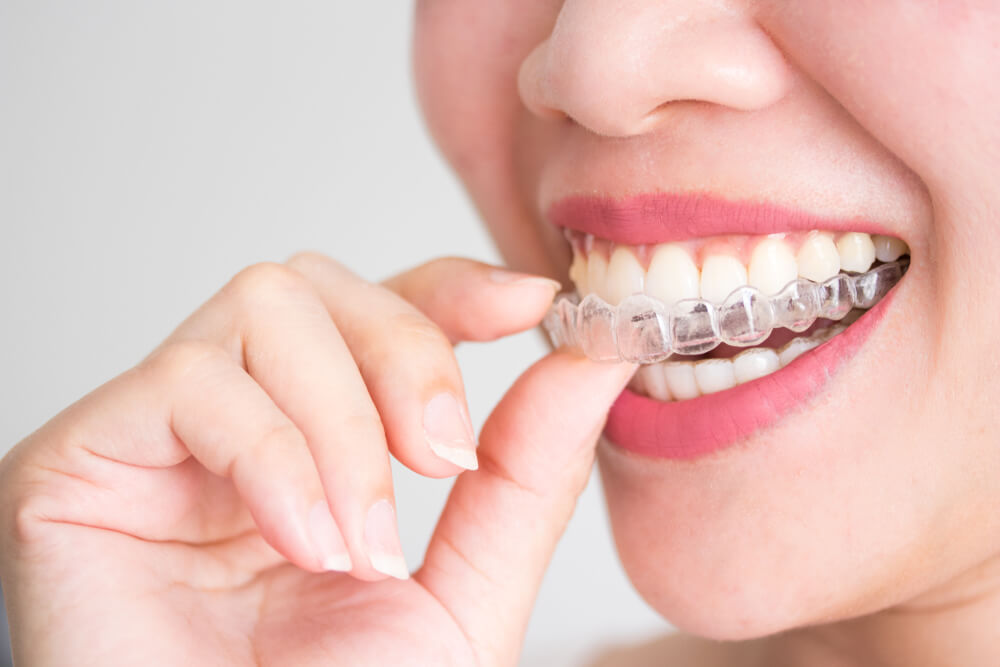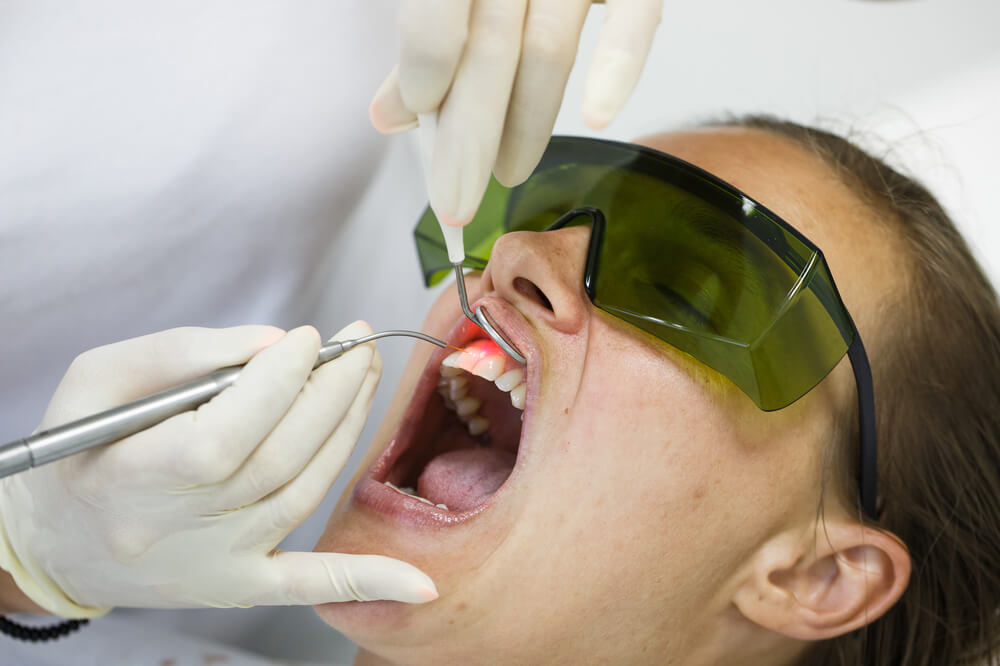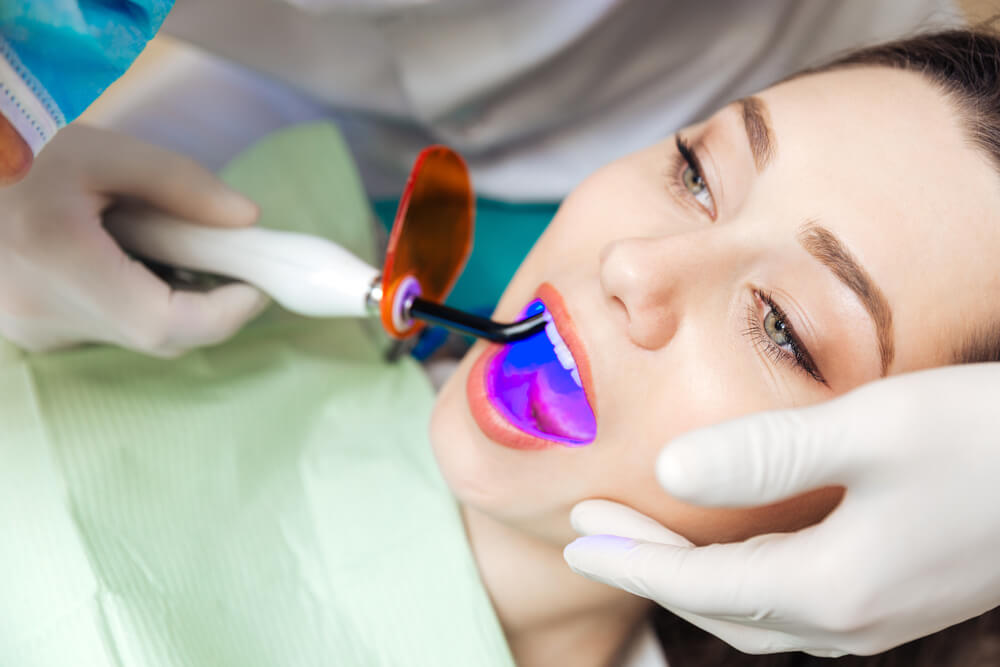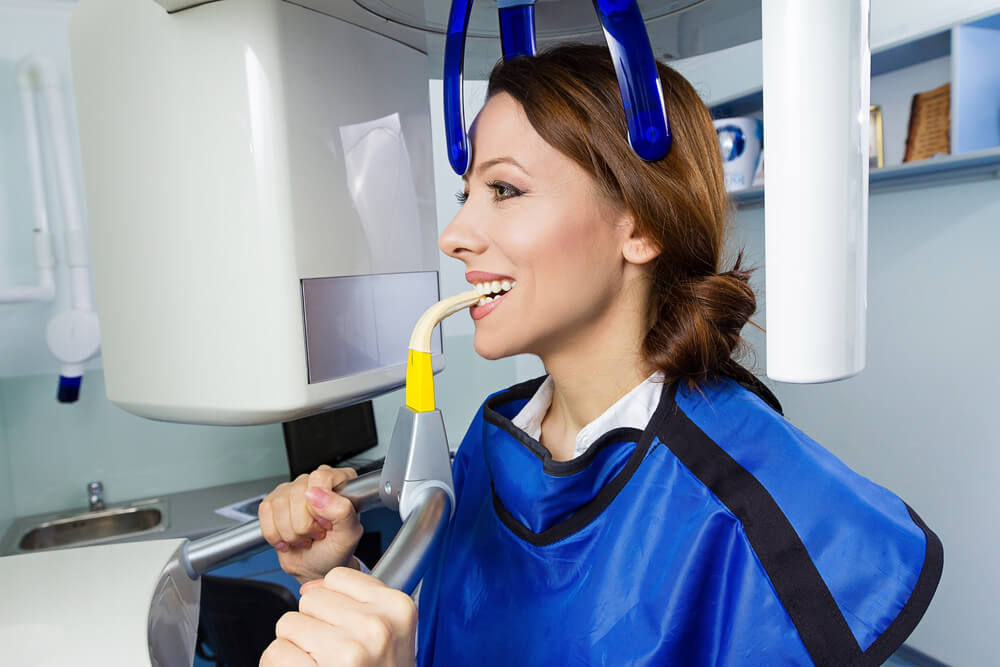Pediatric Oral Health Issues in Children
Pediatric oral health issues affect children’s growth. Severe decay in baby teeth can have serious consequences for your child’s nutrition, speech, and jaw development. The longer tooth decay is left untreated, the more your child will experience: pain and discomfort.

Untreated cavities can cause pain and infections that may lead to problems with eating, speaking, playing, and learning. Children who have poor oral health often miss more school and receive lower grades than children who don’t. About 1 of 5 (20%) children aged 5 to 11 years have at least one untreated decayed tooth.
If they become decayed or fall out before the proper time, the permanent teeth may come in crooked or crowded, causing many problems for your child and you.
Pediatric Oral Health Issues in Children
- Baby bottle tooth decay.
- How do I prevent baby bottle tooth decay?
- Thumb sucking.
- Tips to help your child stop thumb-sucking.
- Tongue thrusting.
- Lip sucking.
- Early tooth loss.

Pediatric Oral Health Issues
As with all teeth, decay in baby teeth is preventable. Even before your baby’s teeth start coming in, you can gently wipe his or her gums with a clean cloth or gauze pad after feeding. Don’t put your baby to bed with a bottle that is filled with juice, soda, or milk or you could expose your child to a condition called baby bottle tooth decay.

Use water if your child needs a bottle to fall asleep. As soon as you see the first tooth coming in you can start brushing it, while still massaging the gum areas.
Dental Health & Hygiene for Young Children
Choose a family dentist and make an appointment before your baby’s first birthday. The doctor will check your baby’s teeth and gums to make sure the teeth can come in easily. This will also be the first opportunity to look for any signs of baby bottle tooth decay so steps can be taken before permanent damage is done.
Flossing should start when all the baby teeth are in – usually around the age of 2 or 2 ½. You’ll have to brush your child’s teeth for the first four or five years and supervise closely after that.
As your baby grows and teeth keep coming in, your dentist will continue checking to be sure they are aligned and there is room in the mouth for all of them. If any problems are noted, you may need to locate a pedodontist who can make space retainers to maintain alignment and treat any special dental needs.
Dental-Consultants.Com is your go-to source for dental information and dental education. If you are concerned about your baby’s oral health, use our dental profiles to help find a family dentist or pedodontist who can help because Dental-Consultants.Com is “where patients and dentists meet.”
